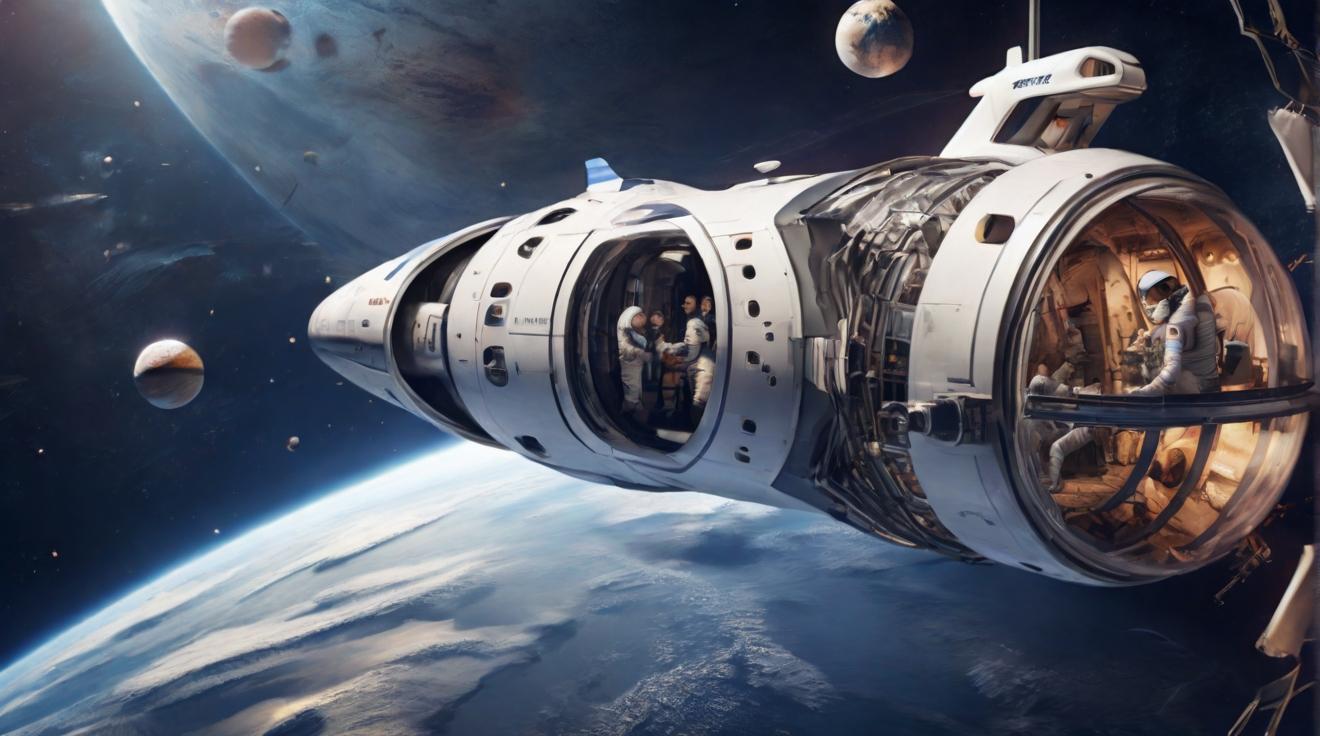Boeing's Starliner Inches Closer to Human Spaceflight Amidst Industry Shakeups
Boeing's Starliner program is making significant strides towards launching humans into space, with a landmark mission to the International Space Station (ISS) scheduled for May. This pivotal development represents a potential turnaround following a history of delays and a failed test flight nearly two years ago. Originally pitted against SpaceX within NASA's Commercial Crew program, Boeing planned its inaugural crew flight test back in November 2018. However, after encountering various hurdles, Boeing now positions itself as a vital backup for NASA, reflecting a recalibration of its role due to the program's extensive delays and budgetary challenges.
Despite these setbacks, human spaceflight continues to attract attention as a smaller, yet significant segment within the vast space industry. This scenario underlines the growing competition in the sector, spotlighting companies like Sierra Space and Blue Origin as potential contenders against SpaceX.
In a broader industry perspective, 2023 witnessed 221 orbital rocket launches, with American companies leading the charge by accomplishing 114 of these missions. Notably, SpaceX shattered a Soviet Union record from 1982, underscoring its dominance in the launch frequency. Amidst these developments, Aerospace Corp. announced a major move of its headquarters to Washington, D.C., from Los Angeles, alongside a commitment to inject $100 million into its El Segundo campus. Furthermore, Texas has taken a proactive step by initializing its state Space Commission.
The space industry also saw a flurry of legal and business activities, ranging from lawsuits concerning payments to forming new partnerships and strategic executive hires among various aerospace entities. These maneuvers highlight the dynamic and ever-evolving nature of the space sector.
In essence, Boeing's Starliner program's progress towards human spaceflight is a beacon of resilience and adaptation in the face of challenges. With the space industry experiencing robust activity and strategic moves by key players, the competitive landscape is poised for further evolution, setting the stage for breakthroughs and partnerships that could reshape the future of space travel.
Analyst comment
Positive news: Boeing’s Starliner program is making significant strides towards human spaceflight with a mission to the International Space Station scheduled for May. This represents a potential turnaround from previous delays and a failed test flight.
Market prediction: Boeing’s progress could position it as a vital backup for NASA, reflecting a recalibration of its role. The space industry is experiencing robust activity with the potential for breakthroughs and partnerships that could reshape the future of space travel.













